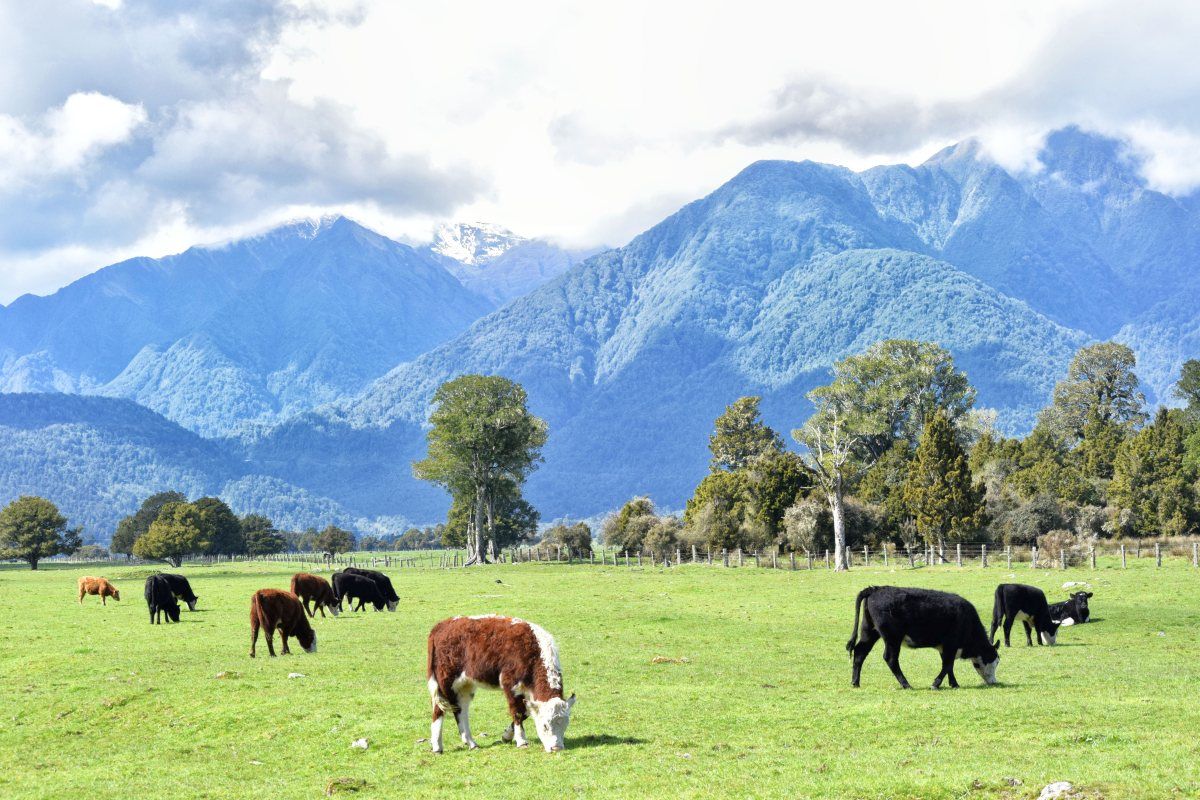Bert Quin update April 2024
With the arrival of NZ-wide competition to the duopoly, and my reduced level of energy, I am now putting more of my available time into providing independent fertiliser cost comparisons for farmers. These include full explanations regarding what nutrients in particular fertilisers are needed on a particular farm, and which are not. For example, farmers … Read more


